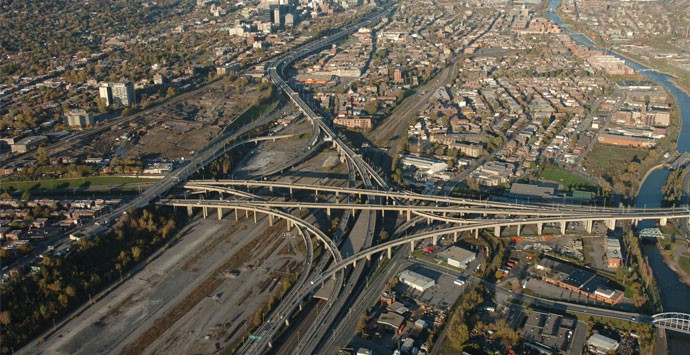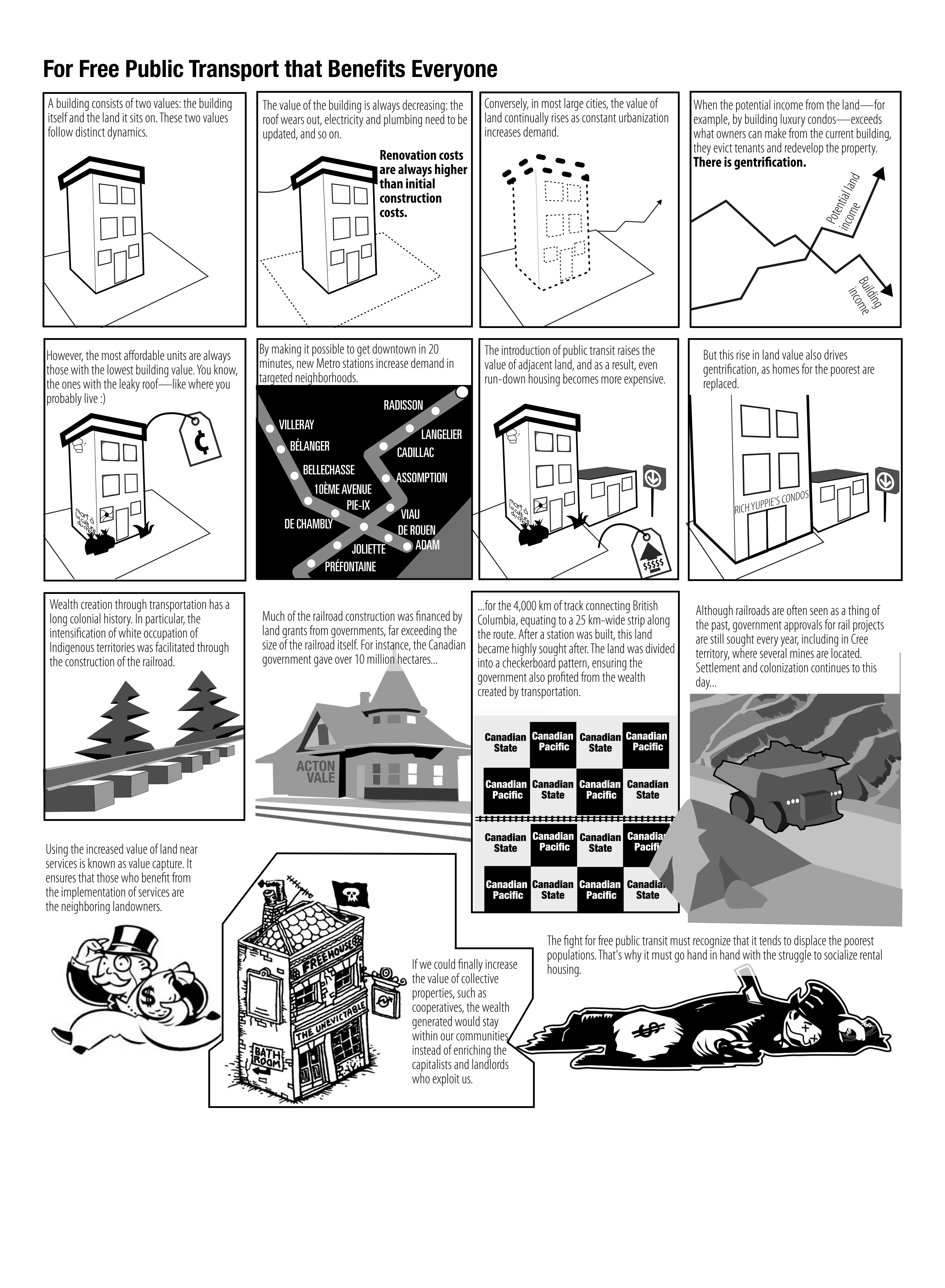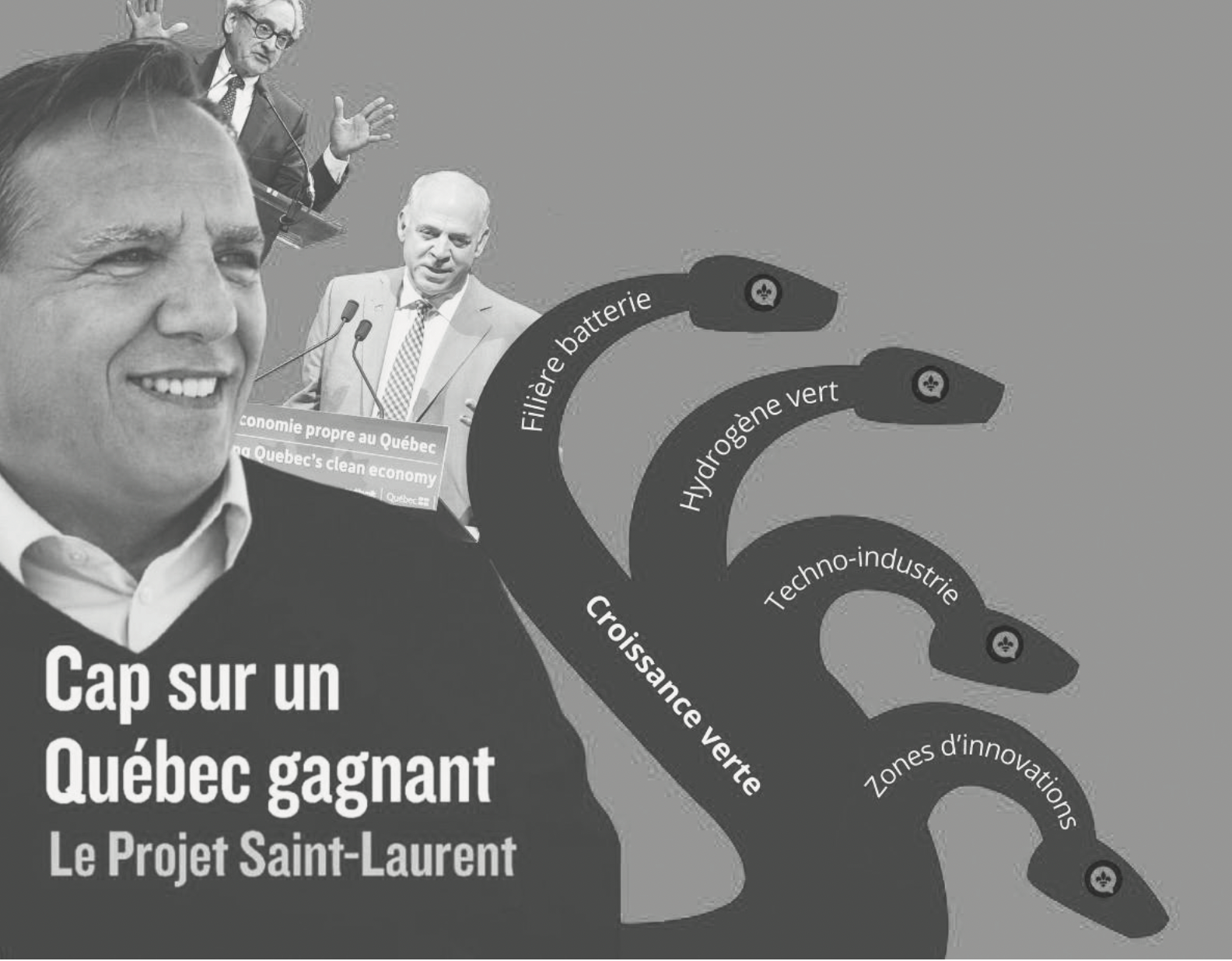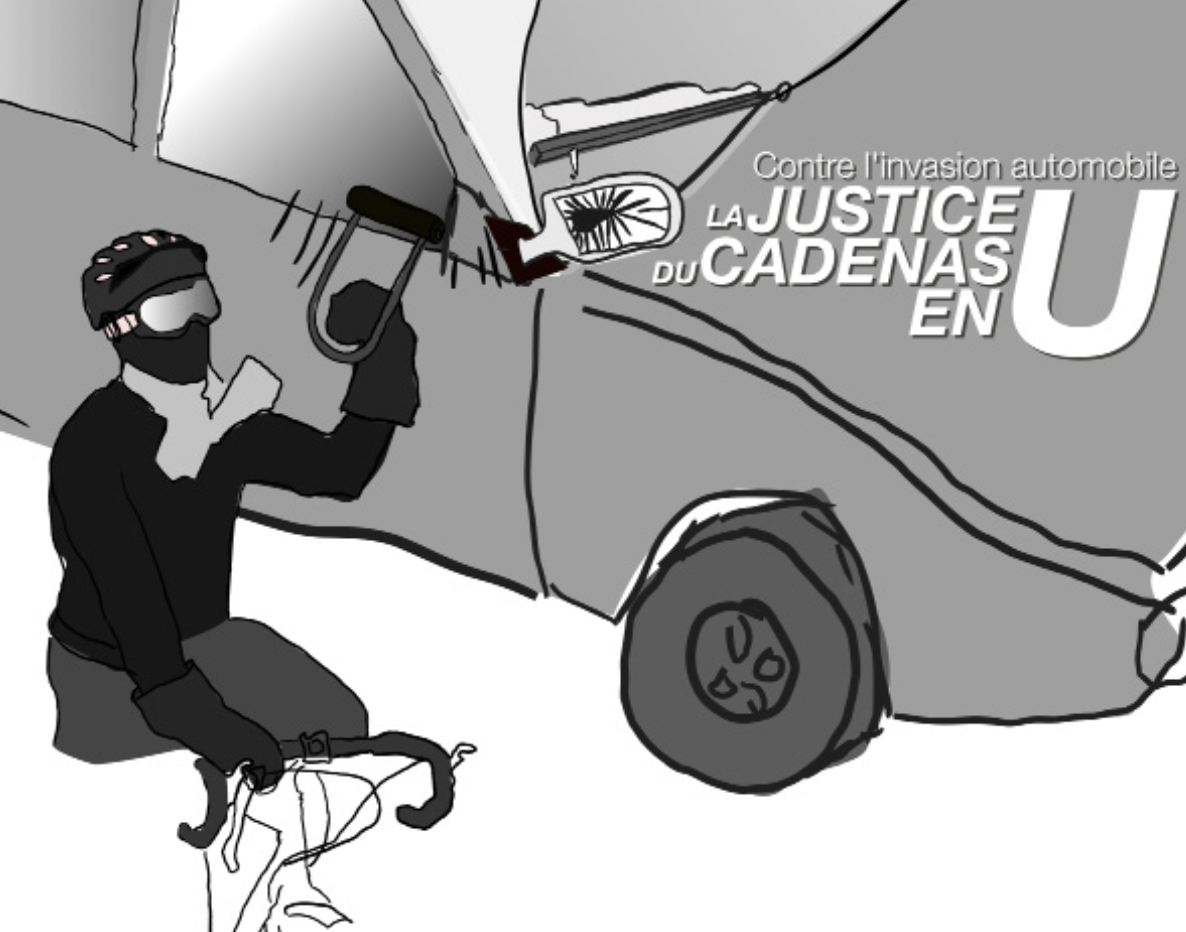What we want is clear: access to transportation for all.
These days, travelling medium to long distances is essential for work, grocery shopping, picking up children from school and daycare, visiting grandparents at the CHSLD, going to the dentist, helping friends move, connecting with green spaces, and more. In this context, transportation must be defended. It should not be reduced to a commodity or a source of profit: it's a necessity.









 Let's do a brief thought exercise. Capitalism was born within a relatively functional society: peasants working to survive, organizing their own needs, while being parasitized by royalty and nobility, yet still free to produce what they deemed necessary and consume part of it. In contrast, today's economic logic dictates what we consume.
Let's do a brief thought exercise. Capitalism was born within a relatively functional society: peasants working to survive, organizing their own needs, while being parasitized by royalty and nobility, yet still free to produce what they deemed necessary and consume part of it. In contrast, today's economic logic dictates what we consume.


 Montreal’s public transit, once touted as a hallmark of urban modernity, now stumbles under the weight of its own failings. Delays, inadequate service coverage, and high fares define the daily commute for thousands, while the elderly and disabled are left navigating an indifferent system that barely acknowledges their existence.
Montreal’s public transit, once touted as a hallmark of urban modernity, now stumbles under the weight of its own failings. Delays, inadequate service coverage, and high fares define the daily commute for thousands, while the elderly and disabled are left navigating an indifferent system that barely acknowledges their existence. The editorial team of this newspaper has not been able to fully address all the issues involved in truly accessible transport for everyone. One major issue is the limited consideration given to people with disabilities or those experiencing mental health challenges.
The editorial team of this newspaper has not been able to fully address all the issues involved in truly accessible transport for everyone. One major issue is the limited consideration given to people with disabilities or those experiencing mental health challenges. Le courtage entre cette compagnie suédoise et la CAQ pour l’implantation de sa méga-usine de batteries de voiture, Northvolt Six, date d'aux alentours de la COP15.
Le courtage entre cette compagnie suédoise et la CAQ pour l’implantation de sa méga-usine de batteries de voiture, Northvolt Six, date d'aux alentours de la COP15. Vous l’avez certainement entendu depuis son annonce en septembre 2023, la giga-usine Northvolt Six ne fait pas l’unanimité au Québec. Plusieurs critiques concernant l'installation de la manufacture de batteries font constamment les manchettes : désastre pour la biodiversité de la région, mise en place antidémocratique du projet, opacité des processus décisionnels de la CAQ, changement des seuils d’assujettissement pour l’étude du BAPE...
Vous l’avez certainement entendu depuis son annonce en septembre 2023, la giga-usine Northvolt Six ne fait pas l’unanimité au Québec. Plusieurs critiques concernant l'installation de la manufacture de batteries font constamment les manchettes : désastre pour la biodiversité de la région, mise en place antidémocratique du projet, opacité des processus décisionnels de la CAQ, changement des seuils d’assujettissement pour l’étude du BAPE... On a beaucoup parlé des impacts environnementaux qu’aura la construction de la méga-usine de batteries de Northvolt à même son site. Construction autorisée sans évaluations et sans délai, on peut dire adieu au rôle de corridor écologique que joue cet emplacement. Or, si on prend un pas de recul, qu'est-ce que ça veut dire sur le plan écologique de produire un demi-million de batteries de char par année?
On a beaucoup parlé des impacts environnementaux qu’aura la construction de la méga-usine de batteries de Northvolt à même son site. Construction autorisée sans évaluations et sans délai, on peut dire adieu au rôle de corridor écologique que joue cet emplacement. Or, si on prend un pas de recul, qu'est-ce que ça veut dire sur le plan écologique de produire un demi-million de batteries de char par année? Les subventions aux entreprises de la filière batterie ne servent qu'à sauver l'industrie automobile et accroître sa domination sur les autres moyens de transport. Cette industrie dépend d'un mode de transport qui renforce les inégalités sociales, que ce soit au niveau du sexisme, du racisme ou du capacitisme. En effet, le transport centré sur l'automobile vient renforcer ces inégalités déjà présentes dans la société actuelle.
Les subventions aux entreprises de la filière batterie ne servent qu'à sauver l'industrie automobile et accroître sa domination sur les autres moyens de transport. Cette industrie dépend d'un mode de transport qui renforce les inégalités sociales, que ce soit au niveau du sexisme, du racisme ou du capacitisme. En effet, le transport centré sur l'automobile vient renforcer ces inégalités déjà présentes dans la société actuelle. Le vélo comme outil d’émancipation
Le vélo comme outil d’émancipation

